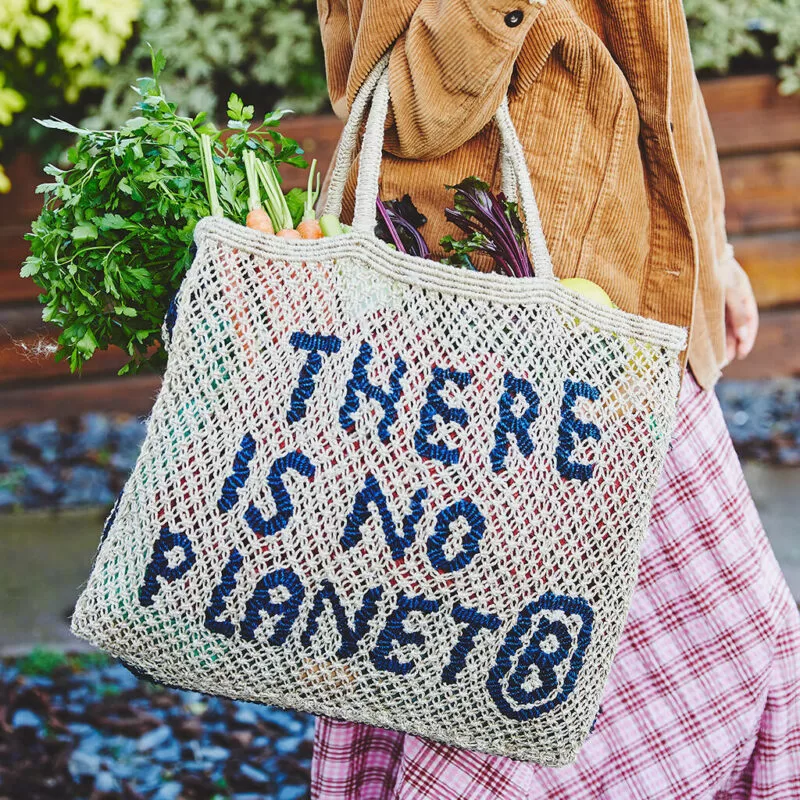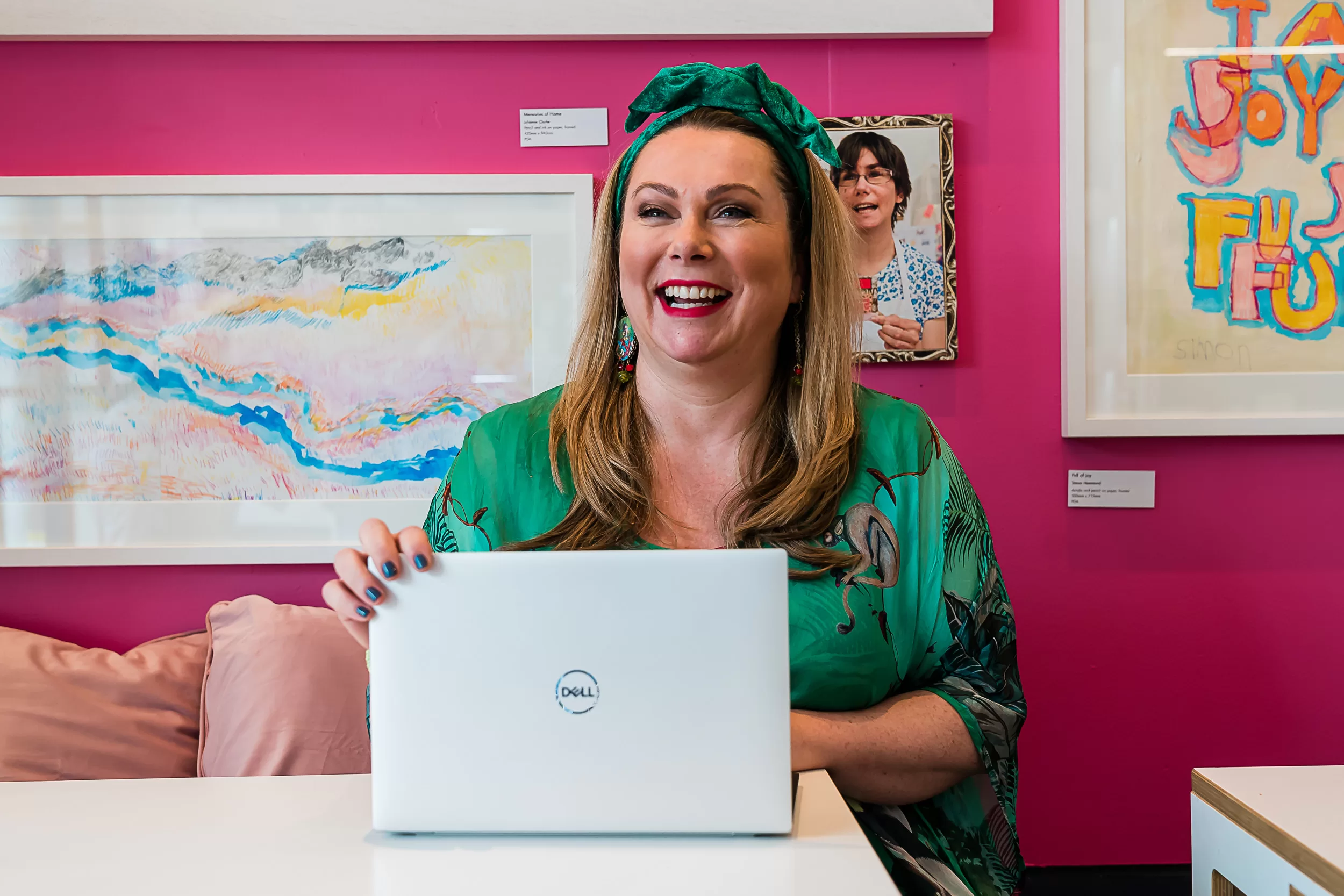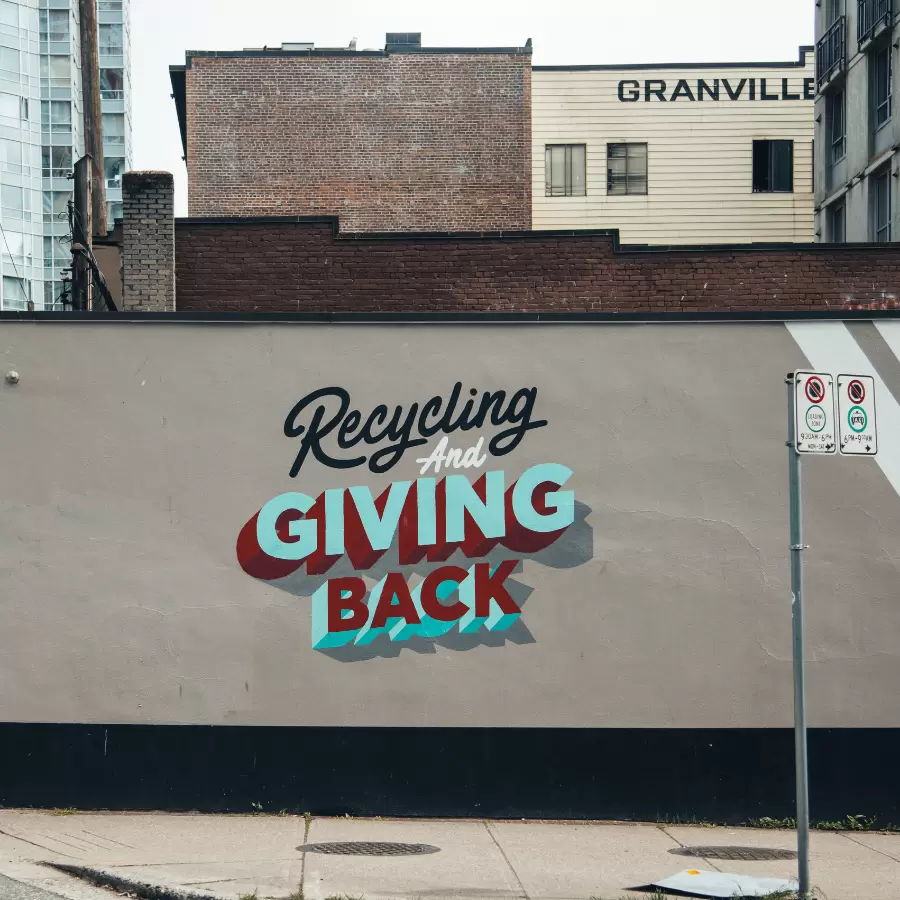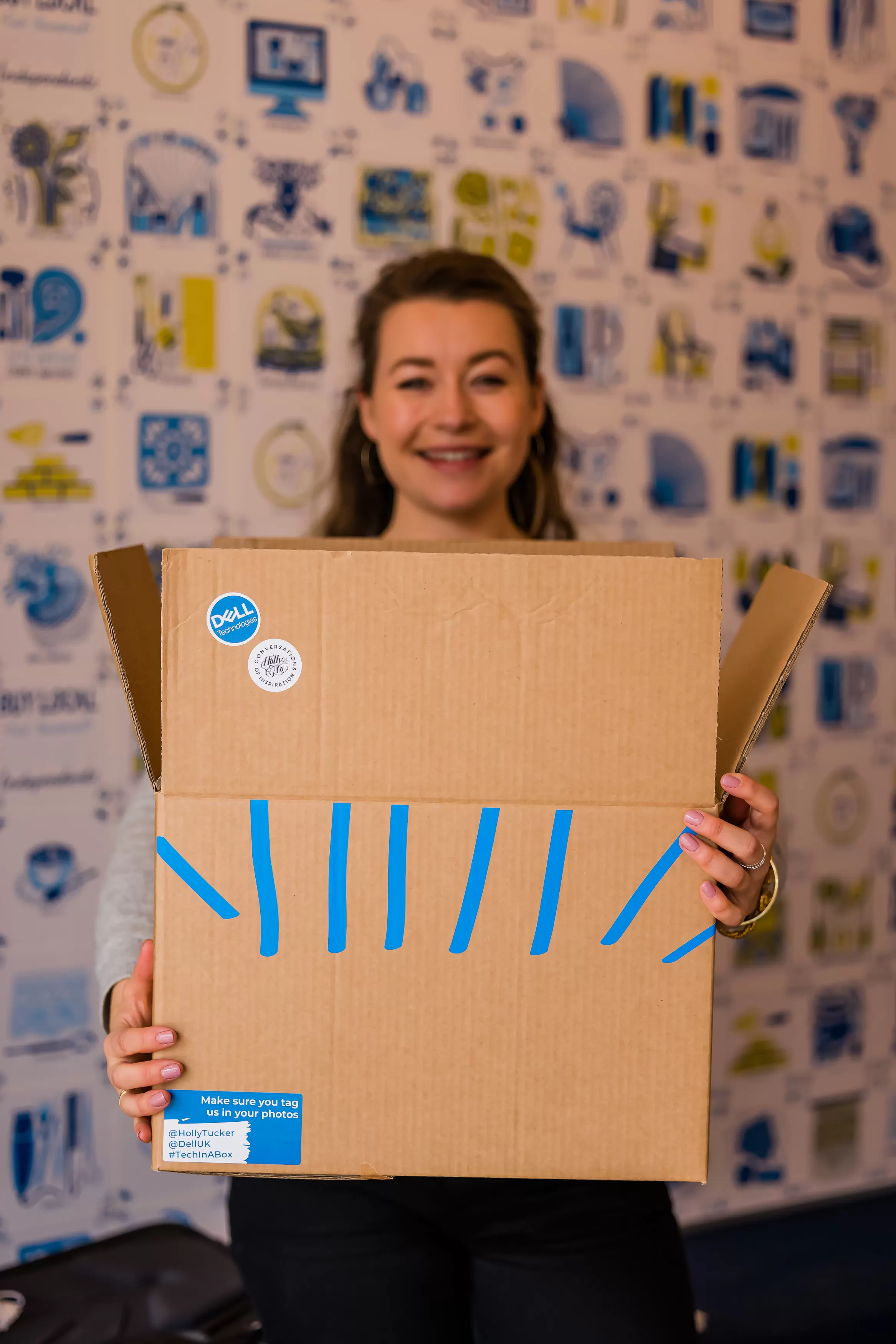

Is your tech sustainable? 5 points for small businesses to consider
UPDATED 2ND SEPTEMBER 2023
Why do small businesses need to think about sustainable technology? Well no business is ever truly sustainable without it. Yet it doesn’t need to be expensive. These 5 simple changes can make a real difference to help protect the environment. Find out how…

Why should small businesses be sustainable? How can independents be greener?
It’s widely known that the world doesn’t have long to act if we want to save our planet. Many founders want to ensure we are running environmentally friendly, sustainable businesses — and to live up to promises of trying to be more green. Yet when it comes to choosing the tech or computer equipment you use, is sustainability the first thing you would think of? Potentially not. However, if we want to be able to look our customers in the eye and say we’re doing all we can to help, should it be?
With so many of our community asking how they can do more, or even how to become a B Corp business (which actions like this often count towards), we’re seeking out useful small business advice and have asked our friends at Dell Technologies to share how choosing eco-friendly tech can help. Why Dell? Dell have been pioneers of sustainability within the tech sector for decades. In fact, while some of us were busy listening to D:Ream and asking for a ‘Rachel’ haircut in the 90s, they were busy recycling their electronics. They were among the first to start a ‘take back and recycling programme’ where they would set aside any tech that could be refurbished or reused, and then send the rest off for either recycling or processing. The materials they’d rescued could then be sold on — which is very efficient and well ahead of the curve. So how can we follow suit to leave our own legacies to be proud of? And where do we start? Well first things first…
An effective sustainable technology strategy helps drive business growth
Here are the 5 considerations to think about to see if your business (or more importantly, the technology you use) could be more sustainable…
1. Look at the environmental impact of IT. Is your monitor made sustainably?
Is the monitor you’re using sustainable? How on earth can you tell? Well most brands will be able to share the provenance of their products and the more of us that ask about these things, the more likely manufacturers will be to step up and ensure they’re providing eco-friendly options.
If you’re thinking about buying something new, Dell’s UltraSharp, C Series Video Conferencing and P Series monitors are all made using 85% recycled plastic, for example. Dell has also joined forces with Lonely Whale (a non-profit organisation), as well as the UN, and created a consortium of businesses to explore how to help reduce the amount of plastic waste that ends up in the ocean. With the shocking fact that plastic now outnumbers sea life by six to one¹, it’s clear that as business owners, it’s up to us to do our bit to help — especially when the Government can be slow to act. If you’re not in the market for a new monitor now, could it be a goal to buy one made from recycled plastic when the time comes maybe? For more tips on which is the best tech equipment for small businesses in general, read this article ‘Small businesses: Should you be buying a desktop or laptop?’
Why Dell? Dell have been pioneers of sustainability within the tech sector for decades. In fact, while some of us were busy listening to D:Ream and asking for a ‘Rachel’ haircut in the 90s, they were busy recycling their electronics.
2. How to buy an eco-friendly PC? Think innovatively
There are all sorts of clever design innovations happening at forward-thinking companies to help ensure the products we are using leave a more positive impact on the environment. Ideas like using smaller motherboards inside the machines to reduce their carbon footprints by up to 50% (which Dell do). They’ve also reduced the number of screws needed to access internal components from hundreds to just four. Plus almost as much of half of the plastics used in more than 125 of Dell’s products now come from closed-loop recycled plastic (up to 90% of their OptiPlex desktops are made from it too). These are, of course, things that most of us would never even know to think about and they might seem like small changes, but as Howard Zinn famously said, “Small acts, when multiplied by millions of people, can transform the world.”
3. When buying new tech, have you looked for sustainable packaging?
This might seem like a strange thing to do but according to packaging experts, Ribble, something’s got to change if we want to reduce the 12 billion tonnes of plastic waste that’s likely to end up in landfill by 2050². Especially when it’s estimated that our annual plastic waste would circle the earth four times already³. Dell’s packaging is made from 100% recycled or renewable materials — including bioplastic, bio-based rubber, ocean-bound plastic, reclaimed carbon fibre and post-consumer recycled plastic — and it’s 100% recyclable itself. Check to see if the brand you’re thinking of buying from can say the same.
4. If you’ve got a laptop carry case, do you know how it’s made?
To help avoid the vast amount of carbon emissions and industrial waste generated by the dip-dying of polyester fabrics for most laptop carry cases, Dell has developed their own ‘EcoLoop’ solution — a novel way to colour materials using agents mixed with polyester pellets. This creates a consistently coloured yarn, so no additional dyeing is necessary. It uses 90% less waste water, almost a third less energy and generates 62% less CO2 emissions. Dell even rescues old laminated car windscreen glass from landfill and processes it into pellets to make a clever weatherproof coating. The entrepreneurial approach they’ve taken to every aspect of the supply and production chain is impressive and gives us all forward-thinking options to choose from.

This might seem like a strange thing to do but according to packaging experts, Ribble, something’s got to change if we want to reduce the 12 billion tonnes of plastic waste that’s likely to end up in landfill by 2050. Especially when it’s estimated that our annual plastic waste would circle the earth four times already.
5. What’s the greenest way of disposing of your tech?
With growing concerns about the climate crisis, e-waste and resource constraints, the question the clever folk at Dell always ask themselves is, “What if we could push reuse to the limit and dramatically reduce the carbon footprint of our products?” That’s why they set up an initiative called Concept Luna, specifically to try and reduce the amount of resources they’re using and keep as many products as possible in the circular economy. As well as this, Dell offer a fantastic free recycling initiative for the responsible disposal of personal and business computers in any brand and condition. Learn more about eligibility on their website.
Recycling tech is so important: how can you help?
So where does your small business come into this? Well firstly, our community should always recycle our tech when we can. If it still works, you could pass it onto friends and family, or a local charity. Just make sure you erase the data first and reset your device to factory settings. If not, there are lots of places like ‘Recycle Your Tec’ that make it easy⁴. Just call their computer recycling team and arrange a collection at a time that suits you. They will then collect and process your old equipment free of charge.
It’s not widely known that according to the BBC, the ‘mountain’ of waste electronic and electrical equipment discarded in 2021 was estimated to have weighed more than 57 million tonnes⁵ — which is heavier than the Great Wall of China — it’s up to each of us to do our bit. Especially as, according to the World Economic Forum, the world’s electronic waste has a material value of £46 billion, which is more than the GDP of most countries. So it’s worth considering or keeping in mind when the time comes to buy new kit.
Sustainable tech: key takeaways…
We may be small businesses but the impact we can make together is huge.
1. Check if your monitor and PC have been made sustainably:
If not and the time comes to renew it, see below.
2. Ask what the packaging and carry case for any new equipment is made of:
And also how it’s made. Consumer pressure will help tech companies improve their practices.
3. Recycle your old technology:
Or think of how you can dispose of it responsibly.
If you’re in the market to upgrade your tech now and want to become more sustainable, you can always contact a Dell Small Business Tech Advisor with any questions you might have on 0800 085 4878 (it’s free!) or use their online chat service, and they’ll point you in the right direction. Or find out more about our friends at Dell here.

Sources: 1, 2 & 3. Ribble plastic waste statistics, 4. Recycle Your Tec, 5. BBC report on waste electronics
Related content
MORE ARTICLES ON FINANCE, LEGAL & TECH

What is a financial feminist? And why is finance a feminist act?

How do I protect my designs from being copied?

The 5 pieces of equipment you (really) need when starting a small business

Laptops vs desktops: which are better for small businesses?

5 tips on choosing the right computer for your small business

7 cyber security tips on how to protect your business from hacking

Why women entrepreneurs need digital technology skills: a how-to tech guide for female founders

